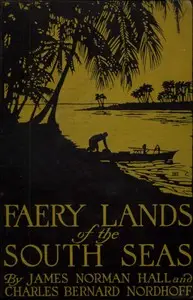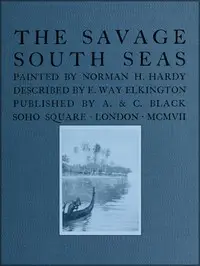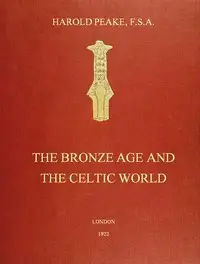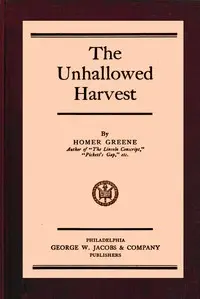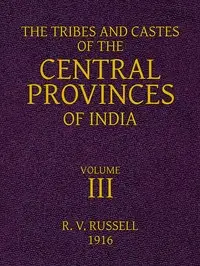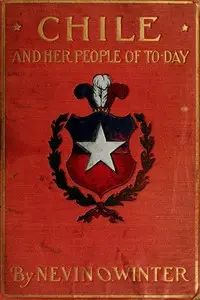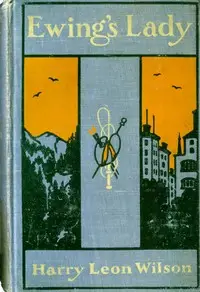"Faery Lands of the South Seas" by James Norman Hall is a captivating exploration of the South Pacific islands in the early 20th century. The story follows the authors' travels through these beautiful landscapes, detailing their interactions with the islanders and capturing the unique charm and simplicity of life in this remote region. It starts with the authors' eagerness for post-war exploration, setting the stage for a deep dive into island life through the eyes of both locals and visitors. Beginning their adventure in Tahiti, the narrative uses vivid descriptions of the peaceful scenery and lifestyle, establishing a tone of discovery as they journey into new experiences and observations in the South Seas.
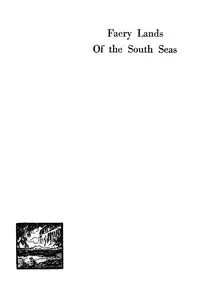
Faery Lands of the South Seas
By James Norman Hall
Embark on a journey to the South Pacific through the eyes of intrepid travelers, as they uncover the allure of remote islands and their captivating cultures.
Summary
About the AuthorJames Norman Hall was an American writer best known for The Bounty Trilogy, three historical novels he wrote with Charles Nordhoff: Mutiny on the Bounty (1932), Men Against the Sea (1934) and Pitcairn's Island (1934). During World War I, Hall had the distinction of serving in the militaries of three Western allies: Great Britain as an infantryman, and then France and the United States as an aviator. His awards include the Croix de Guerre, the Médaille Militaire, the Légion d'Honneur and the Distinguished Service Cross. After the war, Hall spent much of his life on the island of Tahiti, where he and Nordhoff wrote a number of successful adventure books, many adapted for film. He was also the father of Conrad L. Hall, regarded as one of the ten most influential cinematographers in film history.
James Norman Hall was an American writer best known for The Bounty Trilogy, three historical novels he wrote with Charles Nordhoff: Mutiny on the Bounty (1932), Men Against the Sea (1934) and Pitcairn's Island (1934). During World War I, Hall had the distinction of serving in the militaries of three Western allies: Great Britain as an infantryman, and then France and the United States as an aviator. His awards include the Croix de Guerre, the Médaille Militaire, the Légion d'Honneur and the Distinguished Service Cross. After the war, Hall spent much of his life on the island of Tahiti, where he and Nordhoff wrote a number of successful adventure books, many adapted for film. He was also the father of Conrad L. Hall, regarded as one of the ten most influential cinematographers in film history.


